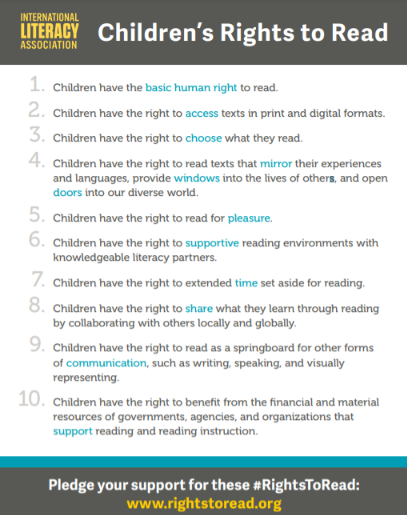In our Spotlight on Early Literacy and the Whole Child virtual conference, Dr. Kenneth Kunz, Director and Founder of For the Love of Literacy, LLC., explored research-based ideas to connect the social and emotional needs of readers and writers to intentional planning for instruction in the language arts classroom. Our blog provides a brief overview of this important topic for education leaders. You can view the full presentation on-demand to earn CE certificates.
Use Existing Frameworks
SEL requires a community effort and must be a thread that runs through the core values of a school or class and knitted into the fiber of early childhood instructional frameworks. "SEL should not be a hidden curriculum," says Kunz. "No matter where I go to coach language arts teachers and reading specialists, SEL is a major concern. Educators must intentionally design instructional frameworks with SEL and equity in mind." Kunz recommends connecting with organizations who prioritize SEL, such as Learning Ally and CASEL. He says, "Frameworks are meant to be utilized." The CASEL framework model: self-awareness, self-management, social awareness, relationship skills, and responsible decision making.
Intentional SEL Does Create Reality
All children deserve an authentic literacy day, and schools must prioritize SEL and have a common belief system around it. Kunz asks educators, "How are we showing up each day for ourselves? Are we intentionally addressing the challenges of vulnerable student populations with significant learning gaps? Are we finding ways to challenge negativity? Are we prioritizing joy and agency to help learners believe they can do it! "
He cites the initiative of Franklin School in Newark, NJ where school-wide read-alouds intentionally integrate SEL into the school’s core values. Teachers take those learnings into their classroom instruction to emphasize its impact.
Children's Right to Read Initiative
To consider literacy as a fundamental right for all children, Kunz points to the International Literacy Association's "Children's Rights to Read," manifest and suggests class strategies that include cultural integration, class community building, and promoting ethnic-racial identity development. His presentation goes into detail of ways to accomplish this.
I’m Gonna Push Through
Dr. Kunz re commends a book by Jasmyne Wright, "I'm Gonna Push Through," for empowerment. Wright, an elementary teacher in a Title I school in Memphis, TN, was inspired by a mantra written for her third-grade students -- an uplifting call to “push through.” It is an invitation to young readers to announce their own power and to recognize and reaffirm that of others, regardless of setbacks. The book includes a curriculum guide for teachers.
commends a book by Jasmyne Wright, "I'm Gonna Push Through," for empowerment. Wright, an elementary teacher in a Title I school in Memphis, TN, was inspired by a mantra written for her third-grade students -- an uplifting call to “push through.” It is an invitation to young readers to announce their own power and to recognize and reaffirm that of others, regardless of setbacks. The book includes a curriculum guide for teachers.
About Dr. Kenneth Kunz
Dr. Kunz is the Vice-President of the International Literacy Association and a Board Member for Little Free Library, Learning Ally, and the NJ Literacy Association. He coaches schools on literacy and language arts and how to bridge research and practice. He is the co-author of "Breaking Through the Language Arts Block, and "Literacy Changemakers."
About Learning Ally
Learning Ally works with leading experts in early childhood and whole child literacy, dyslexia, social and emotional learning, and evidence-based reading instruction to help educators unlock the learning potential of all students. Our “Perspectives on Whole Child Literacy” blog features exclusive content from literacy thought leaders who believe…“With the right mindset, leadership, evidence-based instruction, and social-emotional modeling, all children can become successful readers and achievers."